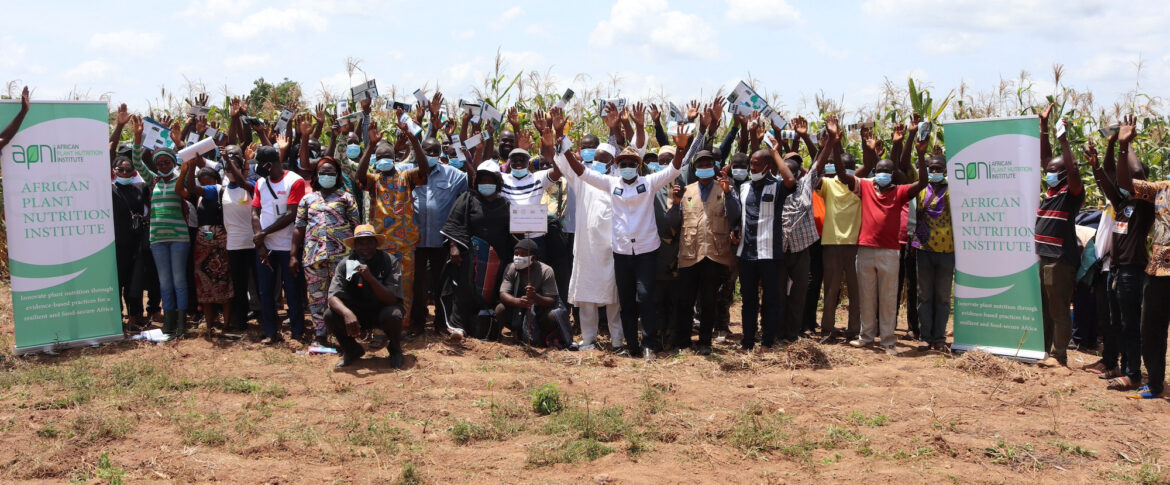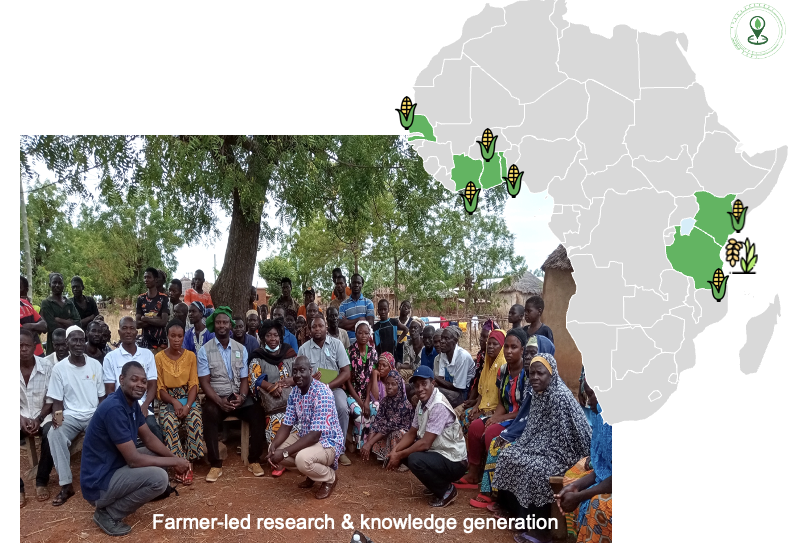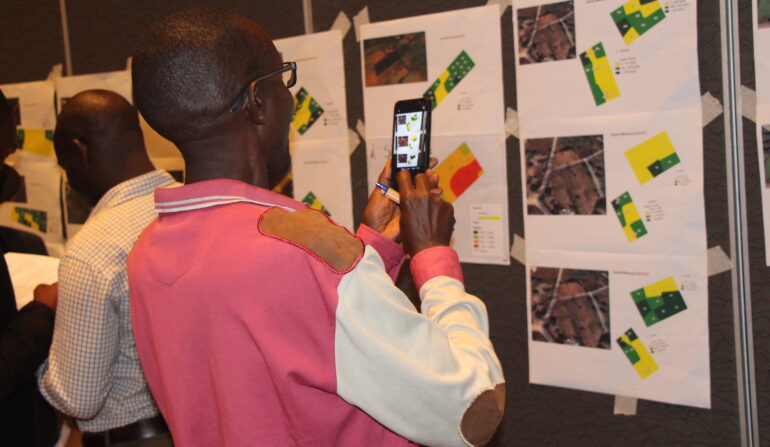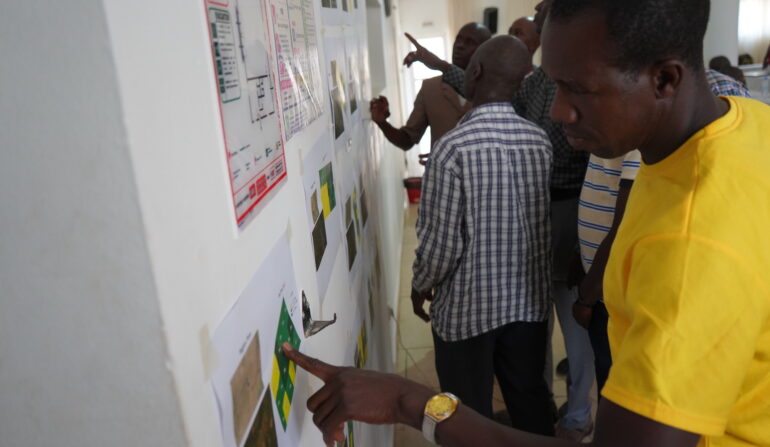On the 12th of September, we held the second post-harvest dialogue (PHD) meeting for farmers and stakeholders involved in the Nutrient Catalyzed...

The Nutrient-Catalyzed Agricultural Transformation (NUTCAT) Project

Theme: Precision Nutrient Management
Project Lead

African Plant Nutrition Institute
Supported by
OCP
Partners

Digital Earth Africa
Main Collaborators
OCP Africa; Al Moutmir
Other Collaborators
National Stakeholders
Target Cropping Systems
Wheat, Maize, and Rice cereal systems
Target Countries
Kenya, Tanzania, Cote d’Ivoire, Togo, Morocco, Senegal, Tunisia, Ghana, Nigeria
Short Description
The Nutrient-Catalyzed Agricultural Transformation (NUTCAT) project is a collection of research and training programs focused on improving precision nutrient management in Africa.
The Nutrient-Catalyzed Agricultural Transformation (NUTCAT) project is a collection of research and training programs focused on improving precision nutrient management in Africa.
NUTCAT uses a simple experimental design. Smallholder farm-scale plots (2-ha or less) are divided into two treatments (1) Optimized treatment (OT) and (2) Farmer practice (FP). The OT is defined by a team of local cereal system experts as the combination of practices and inputs that is required to produce an attainable yield target specific to the agro-ecological zone (AEZ) within the country. A single OT is deployed within an AEZ. The FP treatment mirrors exactly the practices and inputs the farmer was planning to apply in that season. Multiple FP treatments may be applied within an AEZ in each season.
As of 2023, the project is being conducted in 222 locations in six countries.
The established plots will be maintained for a minimum of three growing seasons and will be used as the basis for three interconnected workstreams.
Workstream 1 – Improve cereal system production using precision nutrient management
Primary Objective: Establish cereal improvement teams (CIT) in each production region that will work within a systematic, ongoing process to establish, evaluate, and update best agronomic practices, that include 4R Nutrient Stewardship, to optimize cereal system production.
Workstream 2 – Remote sensing methods to evaluate grain yield potential and spatial variation in smallholder agriculture
Primary Objective: Investigate the feasibility of using remotely sensed information to describe the variation in crop performance within and between smallholder fields with a degree of reliability that enables field specific agronomic management decisions
Workstream 3 – Farmer engagement and on-farm experimentation
Primary Objective: Build a platform for engagement of farmers and value-chain stakeholders to promote farmer-centric innovation, accelerate adoption of good agronomic practices, enhance co-learning, and improve value chains
Related Information
On-Farm Experimentation in Côte d’Ivoire: Key pointers from stakeholder engagement
Working under the auspices of the Nutrient Catalyzed Transformation (NUTCAT) on-farm experiment (OFE) project initiated by APNI, a post-harvest dialogue...




